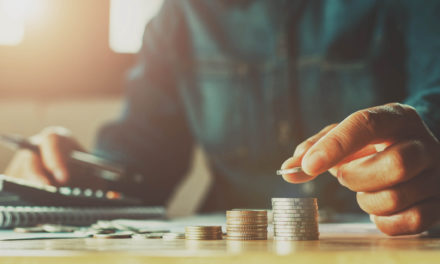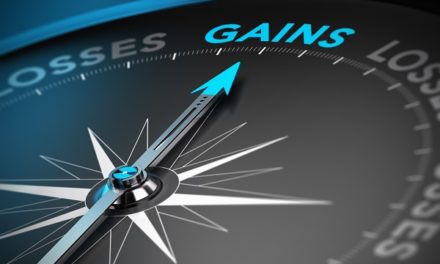
“Only buy something that you’d be perfectly happy to hold if the market shut down for 10 years.”
— Warren Buffett
This inspiring quote from Warren Buffett teaches us the importance of considering our investment time horizon when approaching any given investment: Could we envision ourselves holding the stock we are considering for many years? Even a ten year holding period potentially?
For “buy-and-hold” investors taking a long-term view, what’s important isn’t the short-term stock market fluctuations that will inevitably occur, but what happens over the long haul. Looking back 10 years to 2010, investors considering an investment into shares of Baxter International Inc (NYSE: BAX) may have been pondering this very question and thinking about their potential investment result over a full ten year time horizon. Here’s how that would have worked out.
| Start date: | 11/04/2010 |
|
|||
| End date: | 11/03/2020 | ||||
| Start price/share: | $27.96 | ||||
| End price/share: | $77.26 | ||||
| Starting shares: | 357.65 | ||||
| Ending shares: | 430.51 | ||||
| Dividends reinvested/share: | $8.06 | ||||
| Total return: | 232.61% | ||||
| Average annual return: | 12.76% | ||||
| Starting investment: | $10,000.00 | ||||
| Ending investment: | $33,253.43 | ||||
The above analysis shows the ten year investment result worked out quite well, with an annualized rate of return of 12.76%. This would have turned a $10K investment made 10 years ago into $33,253.43 today (as of 11/03/2020). On a total return basis, that’s a result of 232.61% (something to think about: how might BAX shares perform over the next 10 years?). [These numbers were computed with the Dividend Channel DRIP Returns Calculator.]
Notice that Baxter International Inc paid investors a total of $8.06/share in dividends over the 10 holding period, marking a second component of the total return beyond share price change alone. Much like watering a tree, reinvesting dividends can help an investment to grow over time — for the above calculations we assume dividend reinvestment (and for this exercise the closing price on ex-date is used for the reinvestment of a given dividend).
Based upon the most recent annualized dividend rate of .98/share, we calculate that BAX has a current yield of approximately 1.27%. Another interesting datapoint we can examine is ‘yield on cost’ — in other words, we can express the current annualized dividend of .98 against the original $27.96/share purchase price. This works out to a yield on cost of 4.54%.
More investment wisdom to ponder:
“The idea that a bell rings to signal when to get into or out of the stock market is simply not credible. After nearly fifty years in this business, I don’t know anybody who has done it successfully and consistently.” — Jack Bogle




